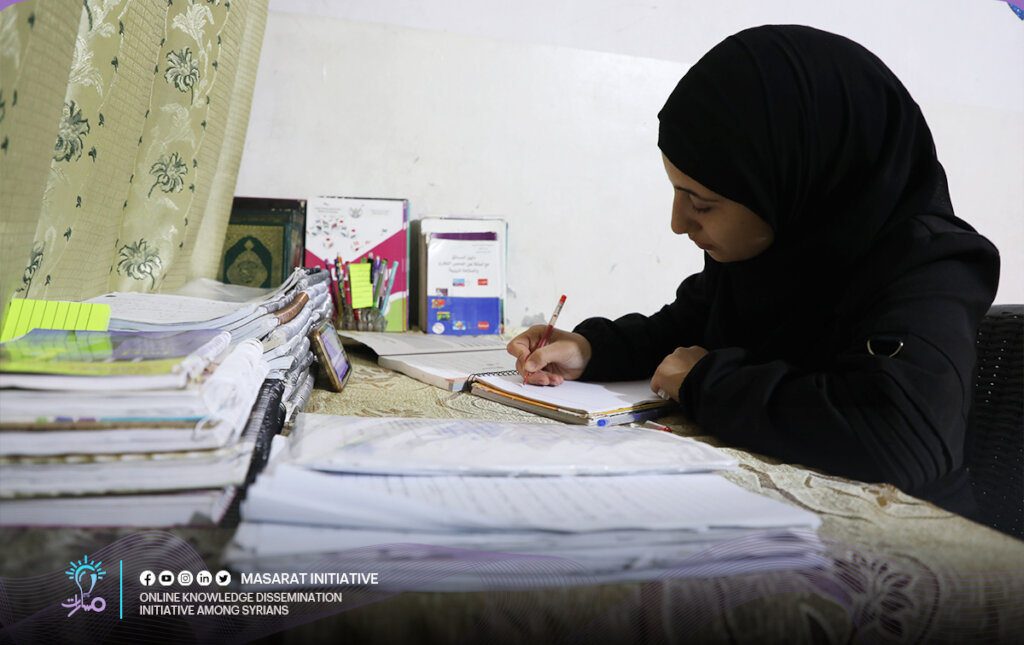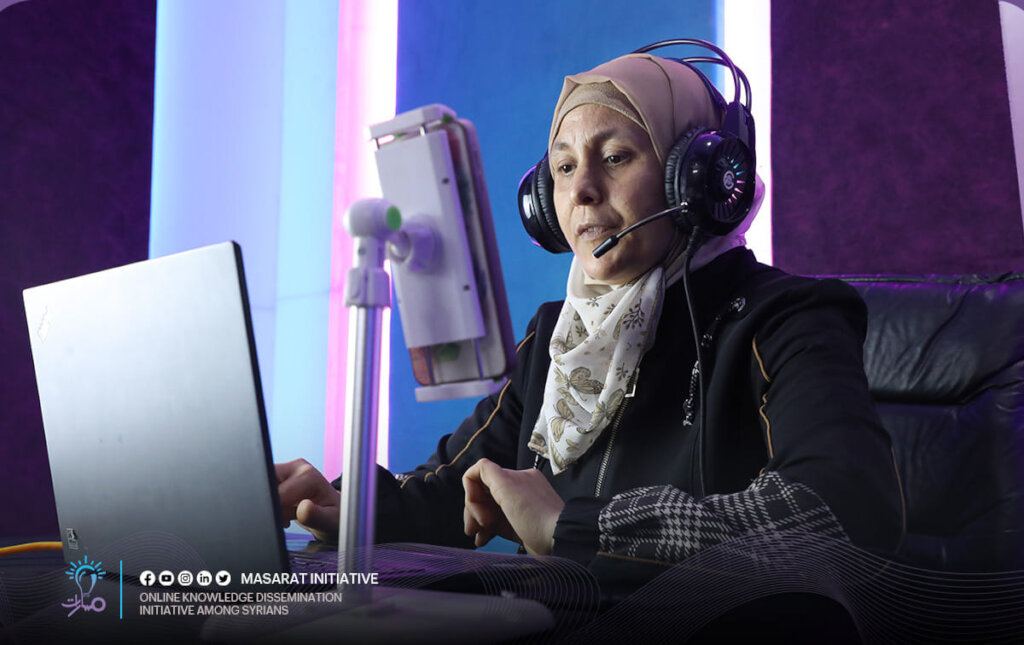In Islam, charity is deeply esteemed, as reflected in the Quranic verse: “The example of those who spend their wealth in the way of Allah is like a seed [of grain]
which grows seven spikes; in each spike is a hundred grains. And Allah multiplies [His reward] for whom He wills.” (Quran 2:261).
This verse encapsulates the spiritual significance and the multiplicative rewards of giving, a concept that resonates deeply within the Muslim community and beyond.
As we explore charity in Canada, we see a rich landscape of giving supported by both individuals and organizations committed to welfare and improvement.
Definition of charity
Charity, in its essence, is the voluntary giving of help, typically in the form of money, to those in need.
It transcends mere financial aid, embodying compassion, empathy, and a profound sense of responsibility toward the welfare of others.
In Islam, charity is not only recommended; It is a duty of the Canadian people.
Who can do so, which helps alleviate hardship for others?
Charity and donation in Canada
Charity Donation
In Canada, charitable donations are contributions to organizations registered under the Canada Revenue Agency (CRA) as charities.
These donations can be monetary or in-kind and are often eligible for tax credits, incentivizing donors to contribute generously.
Charity and Donation Difference
While both terms are often used interchangeably, there is a subtle difference:
- “Charity” typically refers to the act and the organization receiving the donation, whereas “donation” is the act of giving or the gift.
- Charity embodies the broader, ongoing mission of alleviating need, whereas donations are the means to support these missions.
Pros and Cons of Donating to Charity in Canada
Exploring the pros and cons of donating to charity in Canada reveals its social and economic impact on individuals and society.
Pros
- Tax Benefits: Canadian donors receive tax credits, which can significantly reduce their taxable income.
- Social Impact: Donations contribute to significant social causes, from feeding the hungry to supporting disaster relief efforts.
- Personal Fulfillment: Giving to charity can enhance one’s sense of life satisfaction and purpose.
Additional Pros
Charitable work in Canada is not limited to domestic social affairs but extends to supporting initiatives abroad.
One such initiative is Masarat Initiative, which provides free online education to Syrian students, including the poor, orphans, those with special needs, and displaced individuals.
This Initiative is particularly significant in light of the ongoing conflict in Syria, which has disrupted the education of countless children.
By supporting Masarat, donors can make a tangible difference in the lives of Syrian students, offering them a chance at a brighter future through education.

Cons
- Potential for Fraud: Donors must be vigilant as fraudulent organizations can pose as legitimate ones in Canada.
- Mismanagement of Funds: Occasionally, charities might need to manage more funds, which can reduce the impact of donations.
- Economic Pressure: Individuals might feel pressured to give beyond their means due to social expectations.
Note
You can trust non-profit organizations licensed and legal in Canada, such as Masarat Initiative, which also partners with Global Giving (501c).
This initiative aims to spread knowledge remotely among Syrians, providing invaluable educational opportunities to those in need.
Canadian & Non-Canadian Islamic Charity organizations
In Canada, numerous Islamic charity organizations are committed to giving and transparency principles in Islam.
Among these organizations are:
-
- Islamic Relief Canada – Provides emergency aid and long-term development projects globally.
-
- Muslim Welfare Canada – Manages food banks and shelters, offering health and educational services.
-
- IDRF (International Development and Relief Foundation) – Focuses on addressing challenges like poverty and education through sustainable development projects.
-
- National Zakat Foundation: This organization Uses Zakat and Sadaqah to support local Muslims in need in housing and food security areas.
-
- Human Concern International – Aids in poverty relief and disaster response worldwide, guided by Islamic values.
- Masarat Initiative in Northern Syria: Canada’s generous residents have the opportunity to contribute to volunteer initiatives such as the Masarat initiative.
This initiative is dedicated to spreading knowledge and dispelling ignorance, thereby raising societal standards to the highest levels of enlightenment in northern Syria.
Canada boasts a robust charity sector, propelled by the country’s deep commitment to social responsibility and strong community support.
Charity vs. nonprofit organization in Canada
While all charities are nonprofit organizations, not all nonprofits are charities.
Nonprofits serve broader purposes and may not necessarily qualify for charitable status, which requires specific criteria, including public benefit.
The CRA regulates charities more strictly. They must have a clear mission to alleviate poverty and advance education, religion, or other community benefits.
Who Ends Up Benefiting from Charity?
Charitable contributions in Canada have many beneficiaries, from local communities requiring social services to international aid projects.
The end recipients are determined by the charity’s mission and the specificity of the donor’s intentions.
Proper due diligence is encouraged to ensure the donations reach the intended beneficiaries and achieve the desired impact.
Masarat Initiative for Online Education in Northern Syria
Refugee and displaced communities live under harsh conditions, where accessing quality education becomes a significant challenge.
The lack of primary resources acts as a barrier to achieving their educational dreams. However, with the appropriate support from initiatives like Masarat, we can change this reality.
By donating your Zakat to Masarat, you ignite the flame of knowledge in the hearts of refugee and displaced children, orphans, and those with special needs.
This contribution serves as a beacon of hope, opening doors to a brighter future for these children.
In CanadaYour donation today acts as a perpetual Sadaqah Jariyah, supporting Masarat in providing comprehensive educational services.
These services include equipping students with essential educational tools, offering student activities, academic advising, vocational training, and providing psychological and technical support.
Through your generosity, you help develop proficient individuals who can contribute meaningfully to society.








